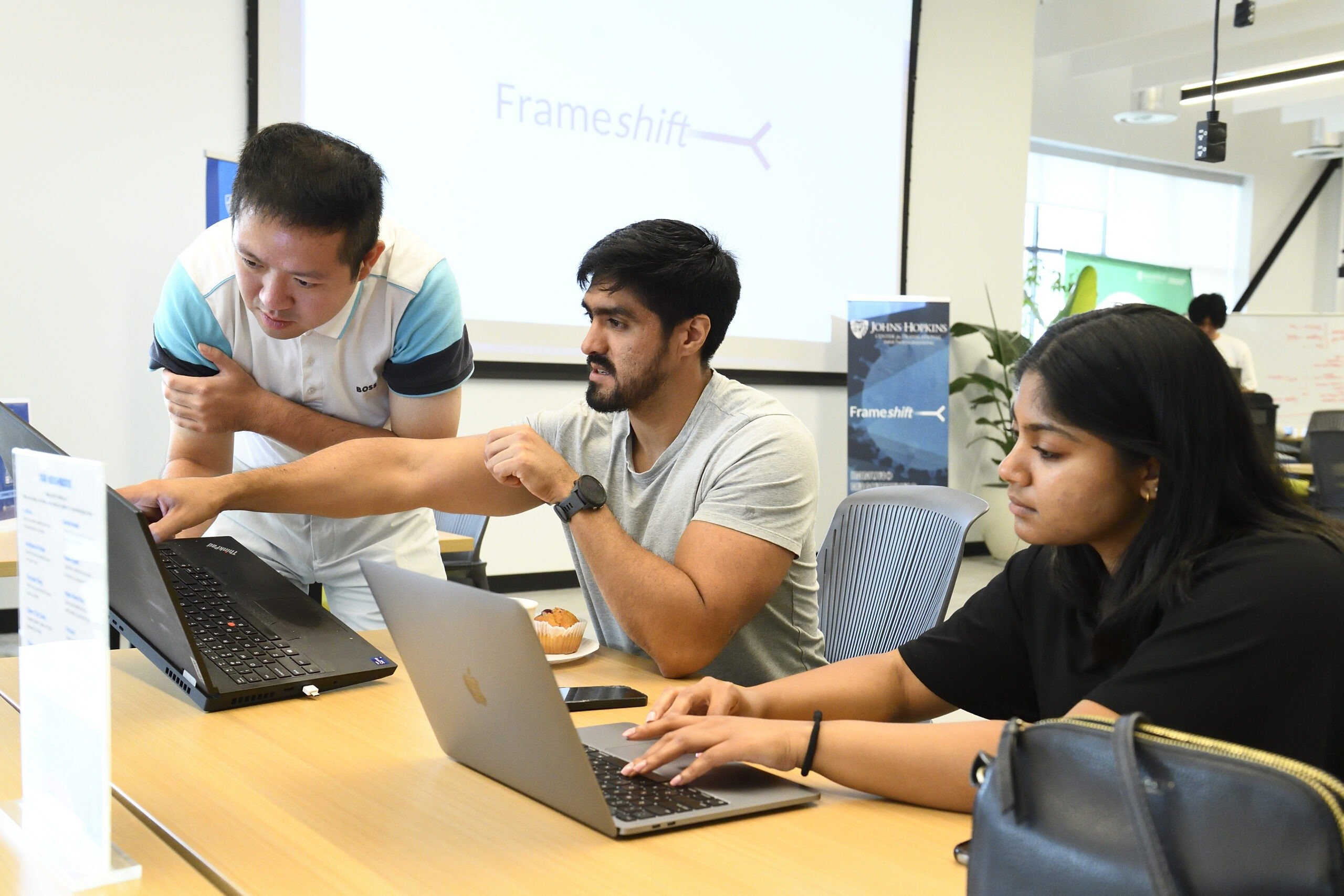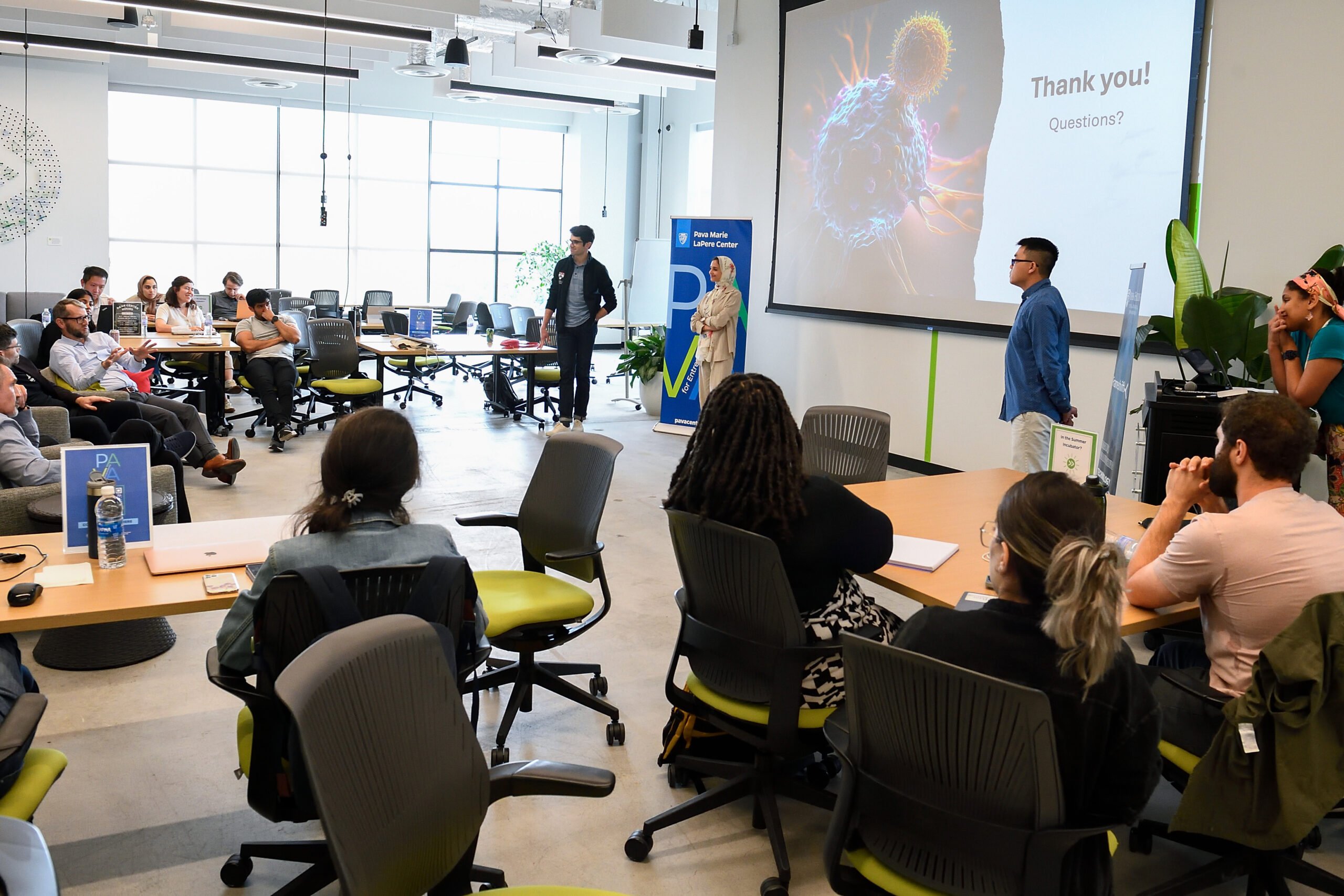The Johns Hopkins Center for Translational ImmunoEngineering, or JH-TIE, recently earned $6.4 million in continued funding over the next five years from the NIH’s National Institute of Biomedical Imaging and Bioengineering (NIBIB).
The grant is part of NIBIB’s National Centers for Biomedical Imaging and Bioengineering (NCBIB) program, and JH-TIE is the program’s first center to focus on immunoengineering. The grant is envisioned as a 15-year commitment to JH-TIE technology development.
By integrating immunology and engineering, JH-TIE research teams are working on transformative therapies for cancer, muscular dystrophy, retinal disease, autoimmune disorders, and more. Since JH-TIE was funded in 2019, they have generated more than 95 publications and secured multiple technology patents.
The funding renewal will ramp up activity and facilitate more collaborations between immunologists, engineers, and clinicians.
“Thanks to this renewal, we will continue to advance the immunoengineering frontier with the translation of emerging technologies from the laboratory into the clinic,” said Jonathan Schneck, founding director of JH-TIE and professor of pathology, medicine and oncology at the Johns Hopkins University School of Medicine.


